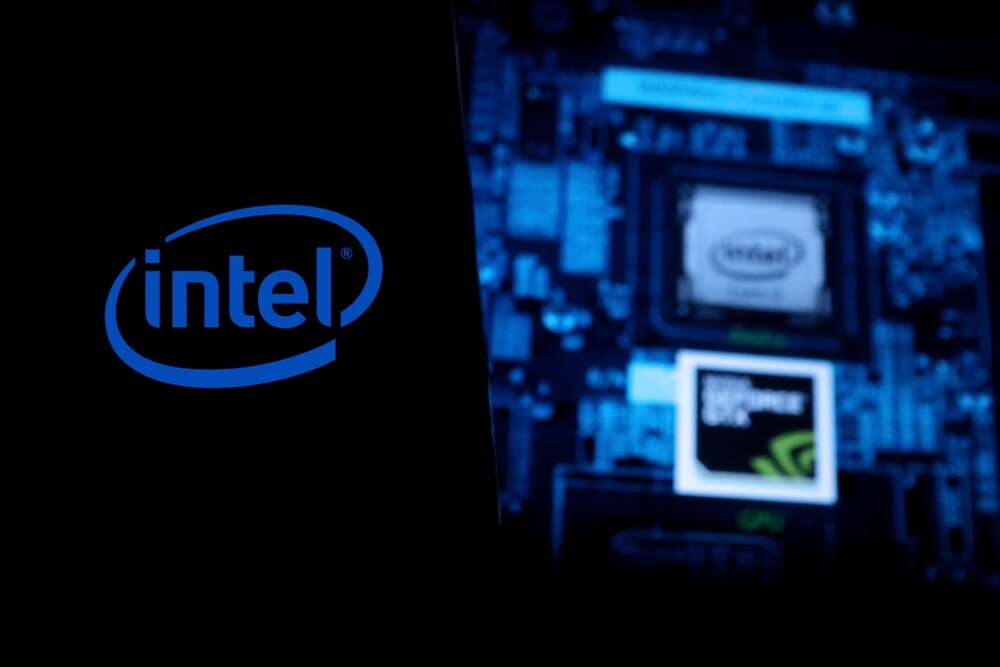
Intel’s share price has slipped after it forecasted lower-than-expected revenues for the start of 2024. According to its full-year 2023 financial results, the semiconductor manufacturer predicts revenue for the first quarter of this year to hit $12.2bn-$13.2bn, almost $2bn below market expectations. Within hours, Intel’s share price had sunk by 10% in after-hours trading – equivalent to a reduction in market value of up to $20bn.
Analysts partly blamed the Intel share price decline on the massive investments it made in AI last year. “This is a clear message for the earnings season going forward,” Thomas Monteiro, a senior analyst at Investing.com, told Reuters. “This means the company will need to shift its focus from the [personal computer] division and start delivering solid profits from data centres and AI – or else face further stock declines.”

Intel share price juxtaposes a solid 2023 for the chip giant
The Intel share price fall starkly contrasts with its improved performance throughout 2023. Reeling from slowing demand in the market for PCs and having conceded market share to rivals Nvidia and AMD, Intel began the year with a commitment to restructuring its business and harnessing the increasing interest in the market for all things generative AI. The result was almost a doubling in its stock price and a general feeling among analysts that the US chip giant was broadly on the road to recovery from the dark days of 2022.
“We continued to drive operational efficiencies in the fourth quarter, and comfortably achieved our commitment to deliver $3 billion in cost savings in 2023,” wrote Intel’s CFO David Zinsner in its full-year financial results statement. “We expect to unlock further efficiencies in 2024 and beyond as we implement our new internal foundry model, which is designed to drive greater transparency and accountability and higher returns on our owners’ capital.”
Intel attempted to define the AI narrative throughout 2023
Intel has also made several startling bids to wrest the AI narrative away from rivals AMD and Nvidia in recent months. These have included claims that its Core Ultra laptop chip will usher in a new era of “AI PCs” capable of running generative AI applications locally rather than in the cloud, as well as hiving off its AI software products into a new spin-off business, Articul8 AI. Nevertheless, there were signs in its earnings document that Intel had room for improvement going into 2024. Its fourth-quarter data centre revenue, for example, fell by 10%, while revenues at its self-driving technology unit also fell below estimates.
In a call with analysts, however, Intel’s chief executive Pat Gelsinger argued that its core business – server and PC chips – remained healthy, with revenues in its client segment climbing by a third by the end of 2023. “The core business we see as healthy,” Gelsinger said. “We see no areas for market share loss and the products are getting stronger.”







